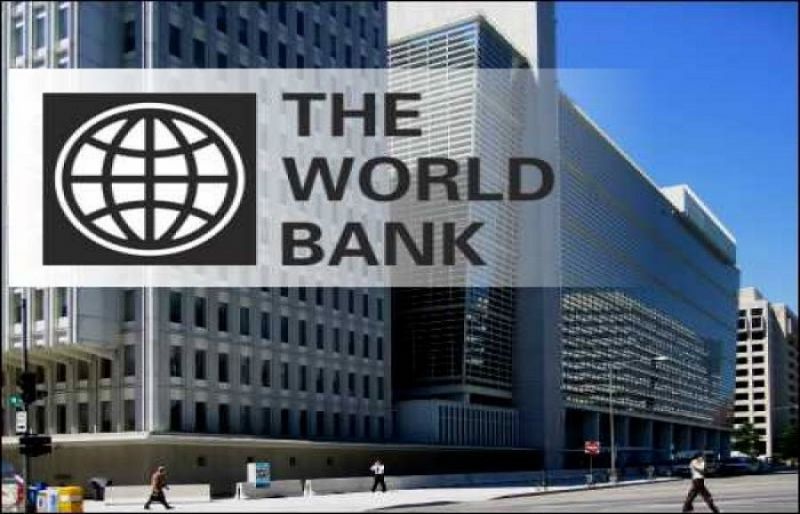KATHMANDU – The Nurturing Excellence in Higher Education Program (NEHEP) was jointly launched on 26 October by the University Grants Commission, Ministry of Education, Science and Technology, and the World Bank.
The five-year program aims to improve the quality and labor market relevance of
Nepal’s higher education, scale up collaborative research and online learning,
and expand access to academic institutions for underprivileged and vulnerable
students from disadvantages areas.
“Investing in
human capital from early childhood to higher education is key to helping young
people in Nepal realize their development potential,” stated Mr. Ram Prasad Thapaliya, Education Secretary. “This program will help strengthen the
higher education sector in collaboration with industries and ensure students
across Nepal including those from disadvantaged groups have access to quality
higher education.”
The Nurturing Excellence in Higher Education Program builds
on the success of earlier higher education projects in Nepal to align its
higher education sector with labor market needs, boost collaborative research
and entrepreneurship, improve governance, and enhance access to quality higher
education in general and especially for disadvantaged students. The COVID-19
pandemic has created strong incentives to expand online platforms and blended
learning, which the program will help scale up across all universities in
Nepal.
“Building
on the successful partnership with the World Bank in earlier projects that improved
research and innovation, quality assurance and accreditation, and COVID
response, the program will further foster regional collaboration of higher
education institutions across South Asia and beyond.” stated Prof. Bhim Prasad Subedi, Chairperson of the
University Grants Commission. “This
will help exploit the benefits of the knowledge economy and
information era to increase participation, quality, and relevance of higher
education programs.”
The program will also expand targeted
scholarships to disadvantaged students to pursue labor market-driven academic
programs and support equity grants to higher education institutions in needy
and disaster-affected areas in Nepal.
“By improving access of students, especially those from disadvantaged communities, to quality higher education and skills that are in demand in the labor market, this program will support Nepal’s COVID-19 recovery,” said Faris Hadad-Zervos, World Bank Country Director for Maldives, Nepal, and Sri Lanka. “This is critical as the country forges efforts towards green, resilient, and inclusive development, which the World Bank is committed to support.”










